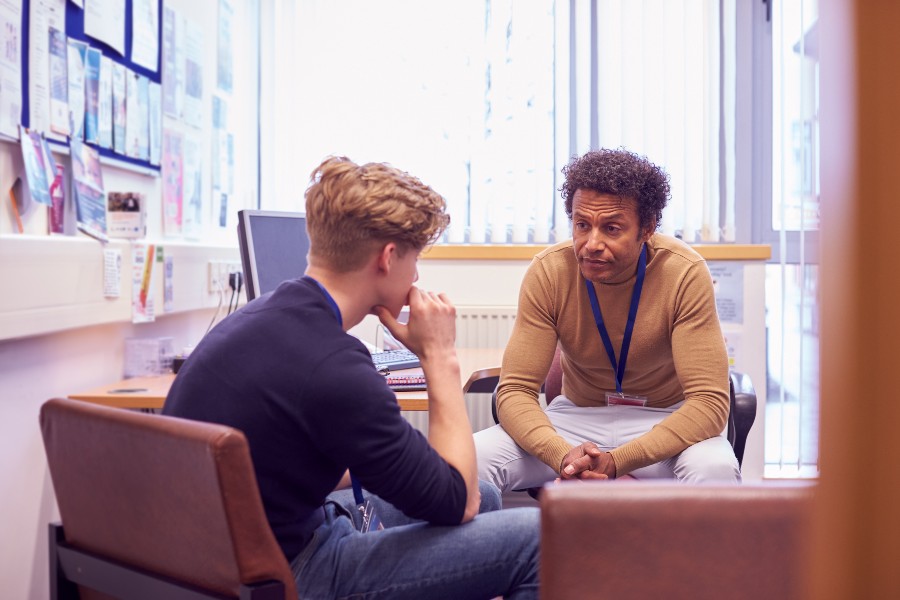For every student who dies as a result of suicide, 280 others consider it but don’t go through with an attempt, according to nonprofit organization Active Minds.
As explored in Campus Safety’s whitepaper “Helpful Mental Health Resources for Campuses,” to begin to reduce this number, an understanding of stigma and risk first needs to be explored. Here are some insightful takeaways in the report on building a community-based approach to mental health from Scott Mobley, executive director of the National Society of Collegiate Scholars (NSCS).
- To identify the impacts on high achievers on campus, Active Minds and the NSCS surveyed almost 10,000 U.S. students with high GPAs. One alarming finding is that 46 percent believe that ‘most people think less of a person who has received mental health treatment.’
- One essential element of a community-based approach is ensuring that the campus staff members who engage with students the most, such as professors and academic advisors, understand their roles in helping students feel safe speaking up.
- One recommendation from the Active Minds and NSCS report is to share the VAR approach, which shows how simple the conversation can be with a student who says they are struggling: V: Validate their experience. A: Appreciate the courage it takes to be open. R: Refer the student to the appropriate support networks.
- In 2016, a research study by RAND Corp. found that when a campus is seen as being supportive of mental health, students are 20 percent more likely to pursue treatment.
- According to the Active Minds and NSCS survey, the trait students value most in a professor is approachability.
- Changes professors can make include: Reminding students around finals that the campus clinic is an available resource and prioritizing wellbeing, including a mention of this on class syllabi.
- Universities are finding innovative ways to shift their models for supporting students. The University of Texas at Austin, through its Counselors in Academic Residence program, places counselors within specific colleges at the university so they may be present for students ‘in a location that is familiar and convenient for them.’ Arizona State University works to ensure students can be seen by counselors the same day. No appointment necessary.
A version of this article was originally published by Campus Safety.






